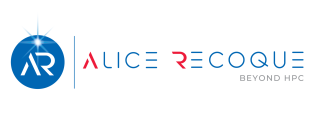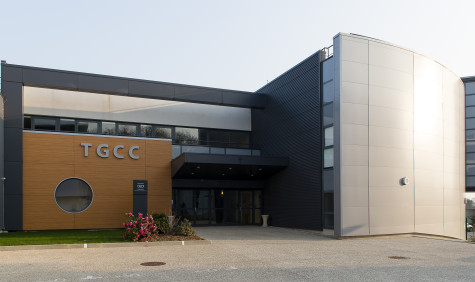Alice Recoque will be located at CEA’s supercomputing centre TGCC
Procurement contract signed
Europe's pioneering exascale supercomputer is coming
Extraordinary supercomputer with an extraordinary name
This computer is capable of performing over one billion billion calculations per second. A task that would take a person with a calculator billions of years to complete! The computer is named after Alice Recoque, a pioneering French computer scientist.
Funded by EuroHPC, France and the Netherlands, the supercomputer will be hosted and managed by the Jules Verne consortium: GENCI and the atomic agency CEA in France, SURF in the Netherlands and GRNET in Greece.
Faster and larger calculations
The supercomputer is designed to address Europe's most pressing societal, scientific and industrial challenges. Its flexible architecture allows researchers to seamlessly process, analyse and store vast datasets. This allows them to compute faster on larger scientific problems.
European technological sovereignty
With Alice Recoque, large-scale numerical simulation, data analysis, AI capabilities and early hybrid quantum computing capabilities are integrated into one energy-efficient environment.
Beyond scientific research, Alice Recoque will serve as a backbone for Europe's network of AI factories. This will provide European start-ups and SMEs with the computing power to compete globally, and strengthening European technological sovereignty.
Investing in our future
Through SURF, the Netherlands is one of the investors in this supercomputer. This will allow Dutch researchers to make direct use of some of the computing time on Alice Recoque in the future. This is in addition to the computing time that can already be requested via SURF on the national supercomputer Snellius and the European supercomputer LUMI.
The Jules Verne consortium
The Jules Verne consortium consists of the French hosting entity GENCI, the hosting site CEA, SURF and GRNET, the Greek national provider of infrastructure for research and technology. GENCI will house and host the new supercomputer in France. The system will be partly based on European hardware and software technologies.

